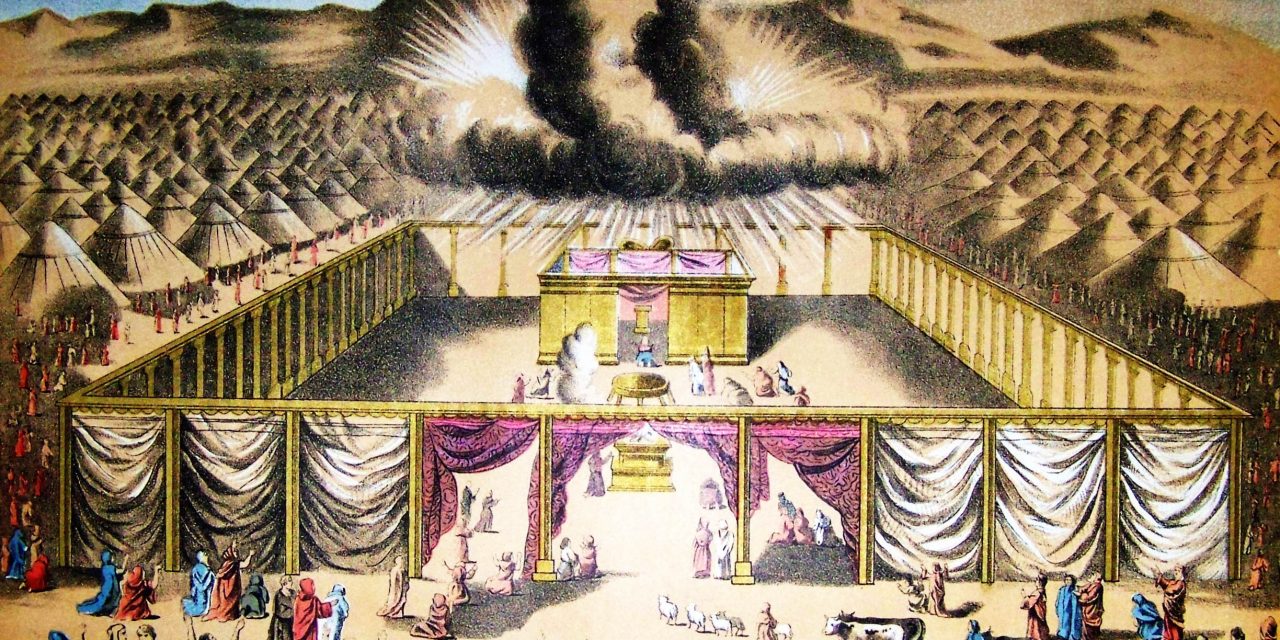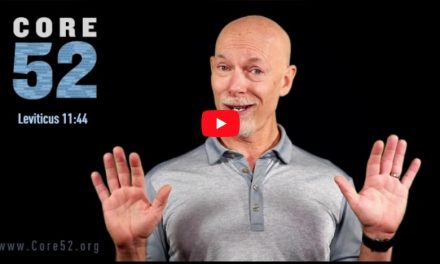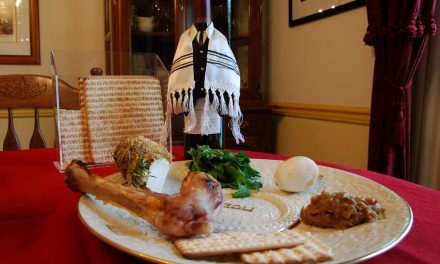God had told them plainly that if anyone ate the bread of the sacrificial offerings while unclean themselves or having touched something unclean, then they would be cut off from their people. He had spelled it out clearly what clean and unclean looked like so there wasn’t excuse. That he and he clearly delineated between the holy and the common.
Disobedience and Death of Nadab and Abihu
And yet the sons of Aaron, Nadab and Abihu, presented “unauthorized fire before the Lord which He had not commanded them to do” (10:1). So the Lord struck them dead with that fire.
And then it says enigmantically, “Aaron remained silent” (v. 3).
Disobedience and ???? of Eleazer and Ithamar
Moses then commanded Aaron and his sons not to grieve in the traditional way such us letting their hair hand loose and tearing their garments. This would violate the holiness of God as they were in the temple worshipping which was not the place for grief. Additionally their death was a punishment based on violating the holiness of God (v. 3). But while they were not to grieve inside the temple, all the people of Israel were to do so.
So Aaron and his sons continued to serve throughout the day in their grief. The offerings did not stop.
But then Eleazer and Ithamar allowed a sin offering to be burned up. This was not the instruction of the Lord but rather they were to reserve some of the meat as food for they and their families (10:12-14). Moses was angry. He had already himself just endured the grief of seeing his nephews lives taken from disobedience.
Lev 10:16 When Moses inquired about the goat of the sin offering and found that it had been burned up, he was angry with Eleazar and Ithamar, Aaron’s remaining sons, and asked, 17 “Why didn’t you eat the sin offering in the sanctuary area? It is most holy; it was given to you to take away the guilt of the community by making atonement for them before the Lord. 18 Since its blood was not taken into the Holy Place, you should have eaten the goat in the sanctuary area, as I commanded.”
It wasn’t the issue of where they had eaten it but that they hadn’t eaten it at all. They allowed the fire to burn it to ash.
Grief and Godliness
At this point Aaron stepped in.
19 Aaron replied to Moses, “Today they sacrificed their sin offering and their burnt offering before the Lord, but such things as this have happened to me. Would the Lord have been pleased if I had eaten the sin offering today?” 20 When Moses heard this, he was satisfied.
Basically Aaron was saying, “We are in a state of grief. Do we eat as if nothing is wrong and so treat death of our brother/son as casual? Would the Lord be pleased with this?”
The difference between the violating of the law by Nadab and Abihu vs Eleazer and Ithamar was their spirit. Nadab and Abihu were in rebellion against the clear instruction of the Lord. Whereas Eleazer and Ithamar did not eat out of honoring the death of their brother. One set of brothers was in rebellion against the Lord, doing their own thing. The other set of brothers were in grief and did not desire to eat out of regard for the death of their brothers. Very different positions of the heart.
And while our actions definitely matter and cannot be removed from our obedience, our heart and spirit matter even more.






